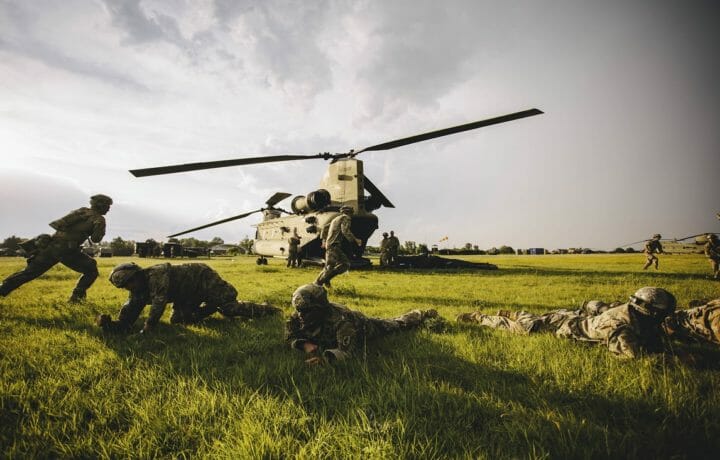Like a working vacation, negative income, or jumbo shrimp, military and soft rarely go together in the same sentence. Or do they?
If you are ready to embark on your military transition, you may already be aware of the significance of your traditional military skills such as professionalism, leadership, confidence, and organizational skills. These are all highly desired by commercial companies and need to be highlighted on your resume. Many of these characteristics are crucial attributes for managers in the commercial settings.
However, there are a lot of other – more subtle attributes that are ingrained during military service. Many are highly “resume-able”. Let’s look at a few of the soft skills that you have acquired during your military experience.
Effective communicators build teams. Teams accomplish goals and you know how to lead a team. You understanding team dynamics and its importance, enabling you to communicate and motivate.
Your experiential leadership lessons as a NCOIC, platoon leader, team leader, enable you to work in a hierarchical team-oriented environment. You know how to take orders. You also know how and when to give them.
You are performance oriented. As a service member, lives depend on you. The outcomes are unwavering. You understand the challenge, therefore you get the job done.
You have been in the combat zone, you have learned how to stay calm and function under extreme pressures. Grace under fire is second nature to you. This skill will make some personnel and management calamities look trivial.
You are self-aware and practice self-sacrifice. As a military leader, you watch out for your team first, often sacrificing and denying yourself. Servant-leadership is a popular term in the commercial world today. However, it is not always encountered in the Fortune 500.
Integrity is a military soft skill you might overlook, but it is a big deal to potential employers. Background investigations, service records, being responsible for your actions and that of others, are superb attributes common to the military, uncommon to the civilian world. Employers assume former military personnel are trustworthy and hardworking, willing to put others before themselves.
To stay on top of the competition, companies demand an adaptive and agile workforce to remain competitive – service members have those adaptive skills in spades. Therefore, with in today’s business environment, the position you likely seek is a change enabler; where you can work on the leading edge of business, operations, and technology. Having served in the military, you are adaptive and know what you must do to complete the mission at hand. Remember, these skills are ingrained in the military and most civilian employees must be trained on these.
Service members are adaptable, but also flexible. You understand that things won’t always go how you expect them. The military requires you to adjust to the situation on the fly. The ability to flourish in a totally ambiguous environment is rare in the civilian world and common among veterans. This is a huge advantage.
Take time to study these attributes and how they relate to your personal military experience. Don’t leave the hiring official trying to figure out the possible ways your experience might be relevant. Instead, describe and apply these skills to your resume. Discuss how your military “soft skills” provide organizational value to the interviewing panel. You will be successful.
Wishing you a speedy and lucrative transition.




